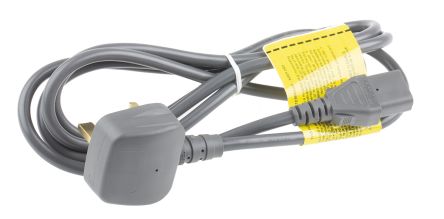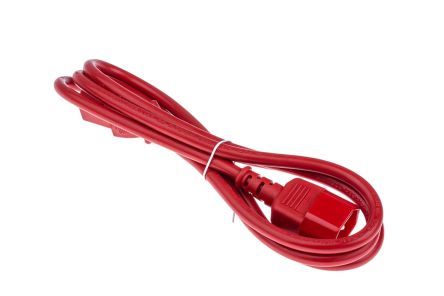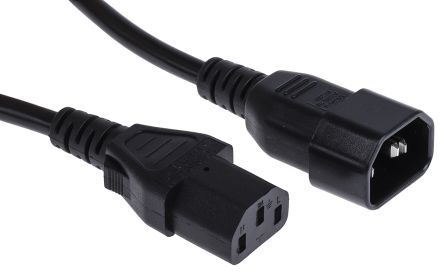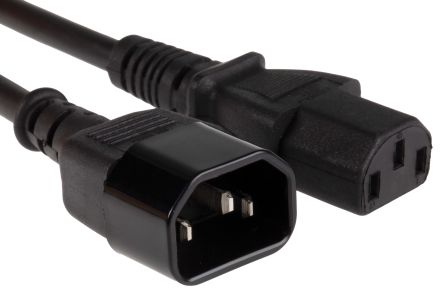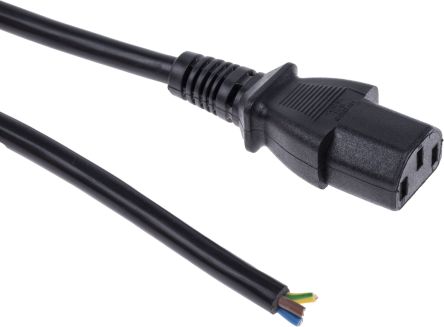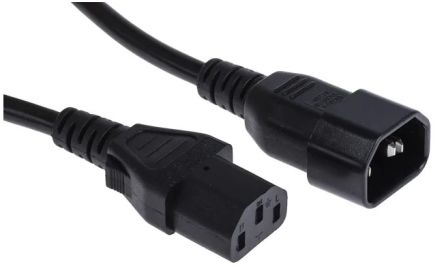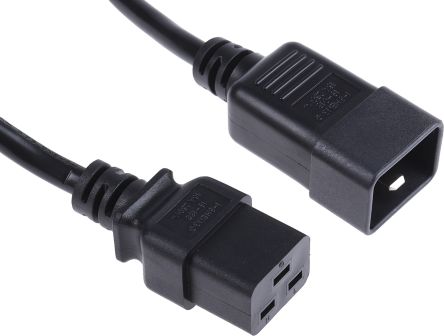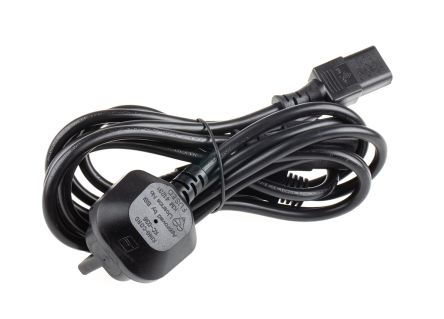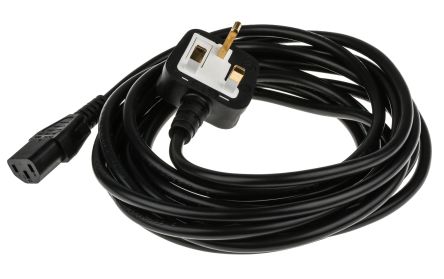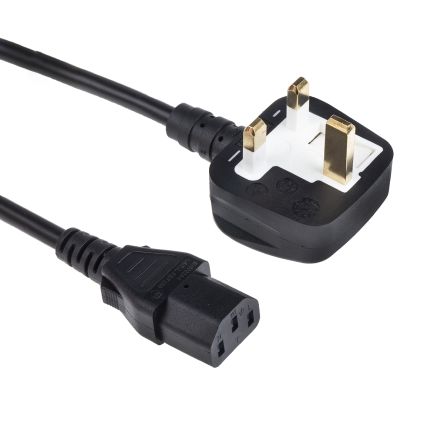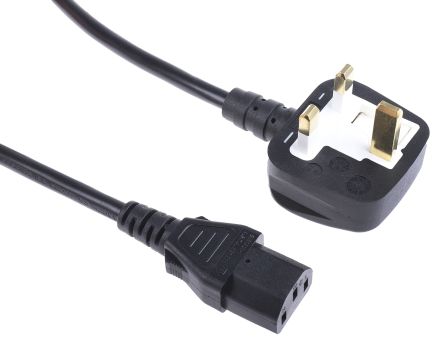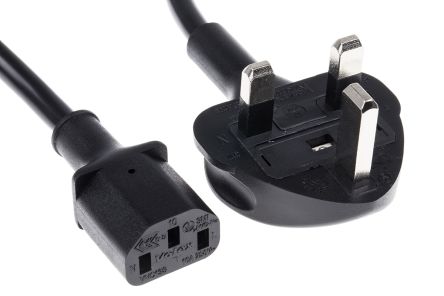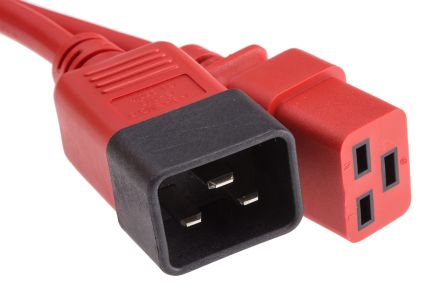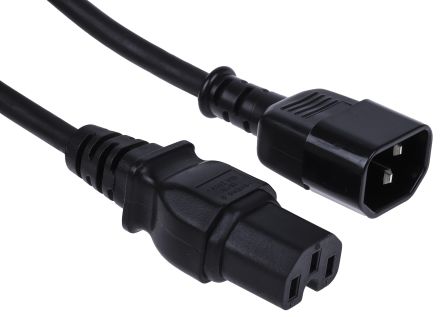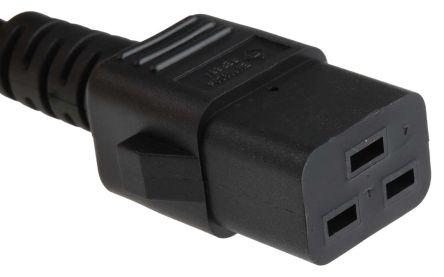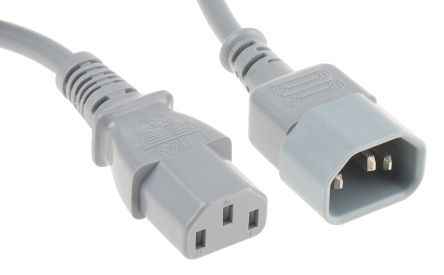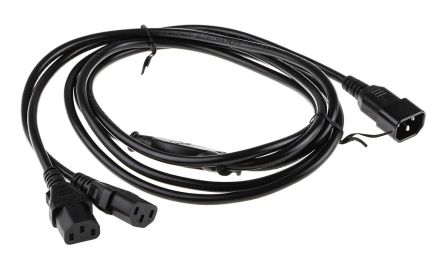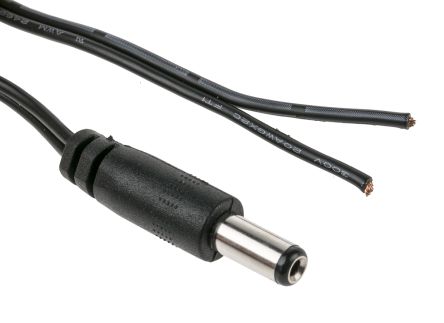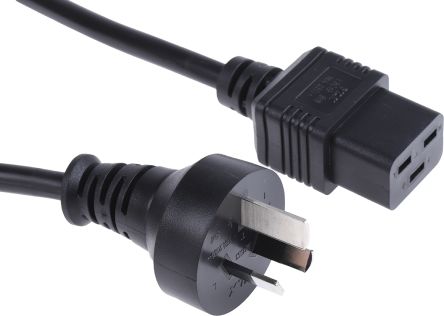- Automation & Control Gear
- Cables & Wires
- Enclosures & Server Racks
- Fuses & Circuit Breakers
- HVAC, Fans & Thermal Management
- Lighting
- Relays & Signal Conditioning
- Switches
- Batteries & Chargers
- Connectors
- Displays & Optoelectronics
- ESD Control, Cleanroom & PCB Prototyping
- Passive Components
- Power Supplies & Transformers
- Raspberry Pi, Arduino, ROCK, STEM Education & Development Tools
- Semiconductors
Power Cords
The use of electricity is universal, but the physical connections that enable its flow — cords, sockets, and plugs — vary significantly from one country to another. These differences stem from historical development, safety standards, and voltage requirements, and understanding them is crucial to ensure safe and compatible power connections.
The Importance of Power Cords
Power cords are essential components used in nearly all devices and machines that require electricity. From household appliances like toasters and kettles to industrial equipment and generators, power cords are an essential link between the power source and the appliance.
Power cords, or cable cords, ensure the reliable and efficient operation of electrical devices. Regardless of their length, high-quality power cords maintain electrical performance over distance, ensuring that devices receive the necessary current to function optimally.
Power cords come in various types and configurations, including AC and DC options, with features tailored to specific applications. They may also be outfitted with a variety of end connectors or plugs, such as C13, C14, C19, 3 pin, 3 prong or Type G UK. Critical power cords may also be equipped with locking mechanisms to prevent unintentional disconnections, an essential feature for medical equipment that can be life-sustaining.
In addition to their functional roles, advancements in power cord technology have led to improved materials and designs that enhance durability and safety. As technology continues to evolve, having dependable power cords is crucial for the smooth operation of everyday devices and important machinery.
What is a Power Cord?
Power cords are defined as any power cable which has had a connector installed prior to sale. In other words, a power cord is electrical hardware primarily used to deliver direct current (DC) and alternating current (AC). Copper is the most commonly used material for power cords in the electrical industry. This copper core is typically coated with a layer of a non-conductive material such as plastic insulation to prevent electrical shock and ensure safe handling.
Types of Power Cords
There are different types of power cords that are designed for specific purposes and use different types of connectors, such as:
IEC C13 Power Cords
IEC C13 power cords are widely used for connecting computers, monitors, and other electronic devices to power outlets. They feature a three-pin connector with a grounded connection for safety and typically handle lower power requirements.
IEC C19 Power Cords
IEC C19 power cords are designed for high-power applications, and are commonly used in data centres, servers, and other industrial equipment. They have a larger, three-pin connector that can handle higher currents compared to C13 cords.
IEC C14 Power Cords or Plugs
IEC C14 power cords or plugs are commonly found on the back of desktop computers, power supplies, and various electronic devices. They are designed to mate with IEC C13 outlets and provide a secure connection for power supply.
Type-G UK Plugs
Type-G UK plugs are the standard AC power cord used in the United Kingdom and several other countries, such as Singapore. They are easily recognised by its 3 rectangular prongs, providing both a live, neutral, and ground connection for enhanced safety.
Types of Power Cord Materials
Protection of the wires is of high importance with a power cord. There are a variety of materials used for insulation and jacketing to ensure safety, durability, and performance such as:
- PVC (Polyvinyl Chloride): PVC is a common, cost-effective thermoplastic used for power cords and AC cords. It offers good flexibility, durability, and resistance to moisture and chemicals, making it suitable for both indoor and outdoor use. However, with a maximum temperature threshold of about 140°F (60°C), PVC power cable connectors are best suited for standard conditions, not high-heat environments.
- Rubber: Known for its excellent flexibility and resilience, rubber is a thermoset material ideal for heavy-duty power cords in demanding environments. It provides superior protection against abrasion, tearing, and environmental factors, and withstands higher temperatures than PVC. Consider a rubber power cord with fuse for industrial equipment needing robust and reliable power delivery.
- Silicone: Silicone is a high-performance material offering excellent temperature resistance (-58°F to 392°F) and flexibility. Silicone maintains its properties over time and resists UV light and ozone, making it an ideal material for power cords that experience repeated bending or movement outdoors.
- TPE (Thermoplastic Elastomer): Combining the flexibility of rubber with the chemical resistance of plastic, TPE is a versatile material for power cords. It withstands water, oil, chemicals, and acids, making it suitable for various applications, especially in construction. However, prolonged exposure to high heat or oils may affect its performance.
- LSZH (Low Smoke Zero Halogen): LSZH materials are designed to minimise smoke and toxic gas emissions during combustion. They are often used in environments where safety is critical, such as in public buildings or transportation systems.
- PSE (Product Safety Electrical): PSE-rated materials ensure compliance with safety standards in electrical products. These materials are essential for ensuring that power cords meet specific safety regulations.
Applications of Power Cords
Power cords find application in a vast array of settings, powering everything from everyday household appliances to complex industrial machinery. Some common applications include:
- Home Appliances: Power cords with fuses are essential for powering household appliances such as refrigerators, washing machines, ovens, and vacuum cleaners, ensuring convenient and efficient operation.
- Industrial Machinery: Power cords play a critical role in industrial settings, supplying electricity to heavy machinery, motors, and control systems. They are designed to withstand harsh conditions and high-power demands.
- Medical Equipment: Power cords provide a reliable power source for critical medical equipment, such as ventilators, patient monitors, and diagnostic devices. They are often designed with additional safety features to prevent electrical hazards.
- Automotive Industry: The automotive industry relies heavily on power cords, particularly cable assemblies or harnesses, to connect various electrical and electronic components within vehicles, ensuring proper functioning and safety.
The Leading Supplier and Manufacturer of Power Cable Connectors
RS is a trusted supplier, distributor and manufacturer of power cord plugs featuring industry-trusted brands like Roline, Wieland, our own RS PRO line and more. From 3-pin power cords and power cords with fuses to power adapters and power connectors, we offer a comprehensive selection of high-quality power connection solutions at competitive prices.
Order your power cables online today and enjoy next-day delivery or self-collection at your local branch. For more details on our ordering process, delivery services and delivery fees, please refer to our Ordering Page and Delivery Page.
Popular Searches
Related links
- Schaffner IEC C19 Socket to Type G UK Plug Power Cord
- Schaffner IEC C19 Socket to Type G UK Plug Power Cord, 2m
- Alpha Wire Straight Type G UK Socket Socket to Straight Type A US...
- Schurter IEC C13 Socket to Type B US Plug Plug Power Cord
- RS PRO IEC C19 Socket to Type I Australian Plug Power Cord, 2m
- RS PRO IEC C19 Socket to Type B Japanese Plug Power Cord, 2m
- RS PRO IEC C7 Socket to Type A Japanese Plug Power Cord, 2m
- RS PRO IEC C13 Socket to Type G UK Plug Power Cord, 2m
